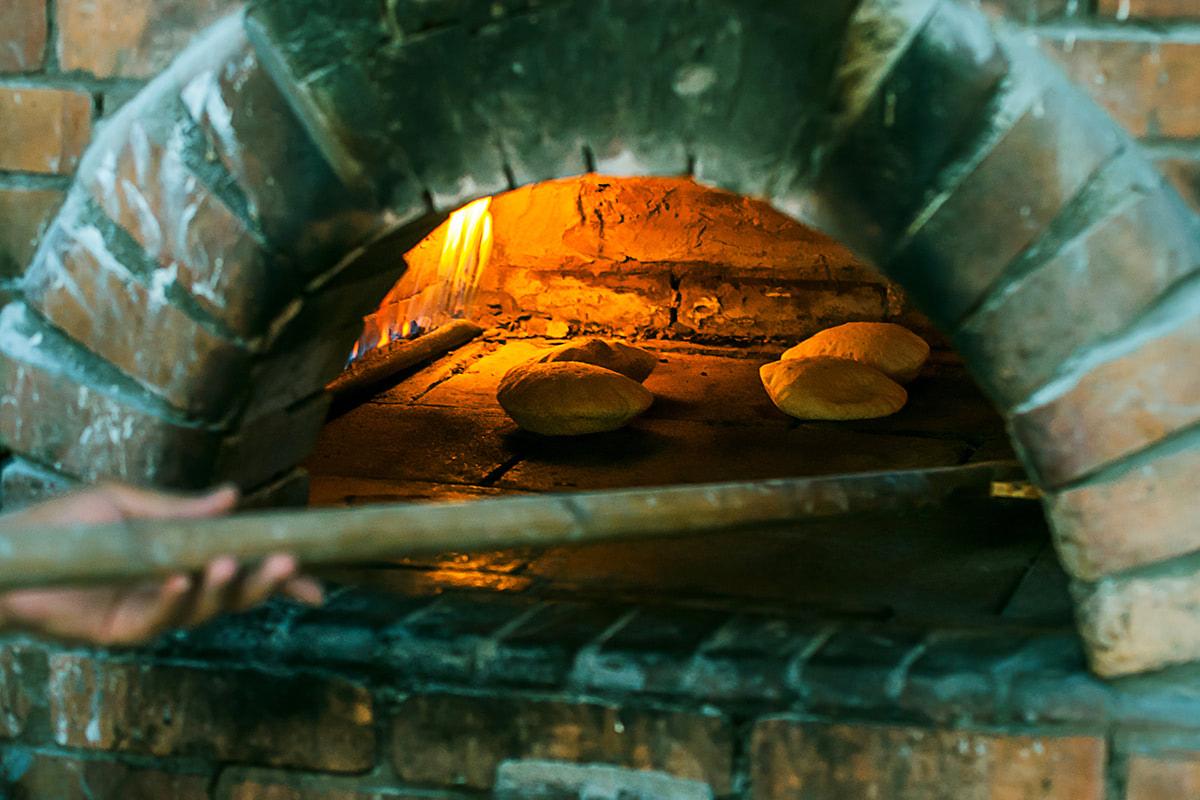Lebanon Adds “Wheat” to the List of Threatened Goods
LAU faculty reflect on the implications of the Russia-Ukraine war on fuel and wheat supplies locally and set forth potential solutions.
Amidst a deteriorating socioeconomic crisis, Lebanon is witnessing greater food insecurity with the global shortage in wheat exportation and a hike in fuel prices spiraling from the Russia-Ukraine war.
This dire economic situation is expected to exacerbate conditions for nearly 2.1 million Lebanese and 1.3 million Syrian refugees, who, according to the UN World Food Programme 2021 report, already suffer from high levels of poverty and food insecurity as a result of the multiple crises in the country, COVID-19 and the August 4, 2020 explosion.
More than a quarter of the global trade in wheat and a fifth of corn sales come from Russia and Ukraine together. Still, Lebanon – whose food imports in 2020 constituted about 20 percent of its net imports, according to the latest data from the World Bank – is one of the countries hardest-hit.
As domestic wheat production could never meet growing demand, the country has been highly dependent on imports from the Black Sea region, which holds a “near-monopoly on Lebanon’s wheat supply,” says Dr. Ali Fakih, associate chair of the Department of Economics at the Adnan Kassar School of Business.
Ukraine and Russia provide Lebanon with 80 percent and around 15 percent of its wheat supply, respectively, transforming one of the major staples of the Lebanese economy into a luxury good.
The depleted supply has compounded the shortage following the destruction of the grain silos at the port of Beirut in the August 4, 2020 explosion. Ever since, goods have been diverted to the port of Tripoli and trucked to nearby mills for storage, says Dr. Fakih. Between February and March, two ships from Ukraine delivered a total of 18,000 tons of wheat at the port of Tripoli, but only because they had left the country prior to the conflict.
Although the Banque du Liban (BDL) has been subsidizing wheat and flour among other essential imports since 2019, this has not prevented the rise in the cost of bread by 20 percent, says Associate Professor of Economics Mohamad Karaki. This is because “only 10 percent of the cost of producing Arabic bread is based on subsidized wheat and the remaining cost is based on unsubsidized inputs,” such as sugar, cornstarch and bags.
The hike in the price of bread – an essential product that the Lebanese people rely on to fill their hunger and that is becoming harder to get and unaffordable for many – is often justified by the country’s economic crisis and the devaluation of the the Lebanon pound. Nevertheless, “the increase in prices could also be partly manufactured since the cost of the same products differs from store to store, on the basis that these products may not yet be subject to inflation,” says Dr. Fakih.
“Moreover, with the economy’s rapid state of decline,” he adds, “some retailers are increasing the cost of their products to higher levels than their actual cost, a practice known as ‘price gouging.’”
In the short term, “the negative supply shock cannot be mitigated, and the prices will continue to rise, fueling panic and encouraging hoarding,” says Associate Professor of Economics Walid Marrouch.
In the long run, alternative crops can be used to produce flour, and other lands to produce wheat, adds Dr. Marrouch. Lebanon, however, will remain a net wheat importer because “the country’s arable lands are rather limited and will not produce sufficient quantities of wheat to cover local demand.”
Meanwhile, the relatively small size of the Lebanese market does not allow much room for negotiation with alternative suppliers, which will eventually force the government to settle for the market price in addition to higher shipping costs, he says.
The best-case scenario – a resolution of the conflict – will not automatically restore the global supply of grain products. Food prices will remain higher than usual until farms in Ukraine go back to their normal operations, explains Dr. Karaki.
